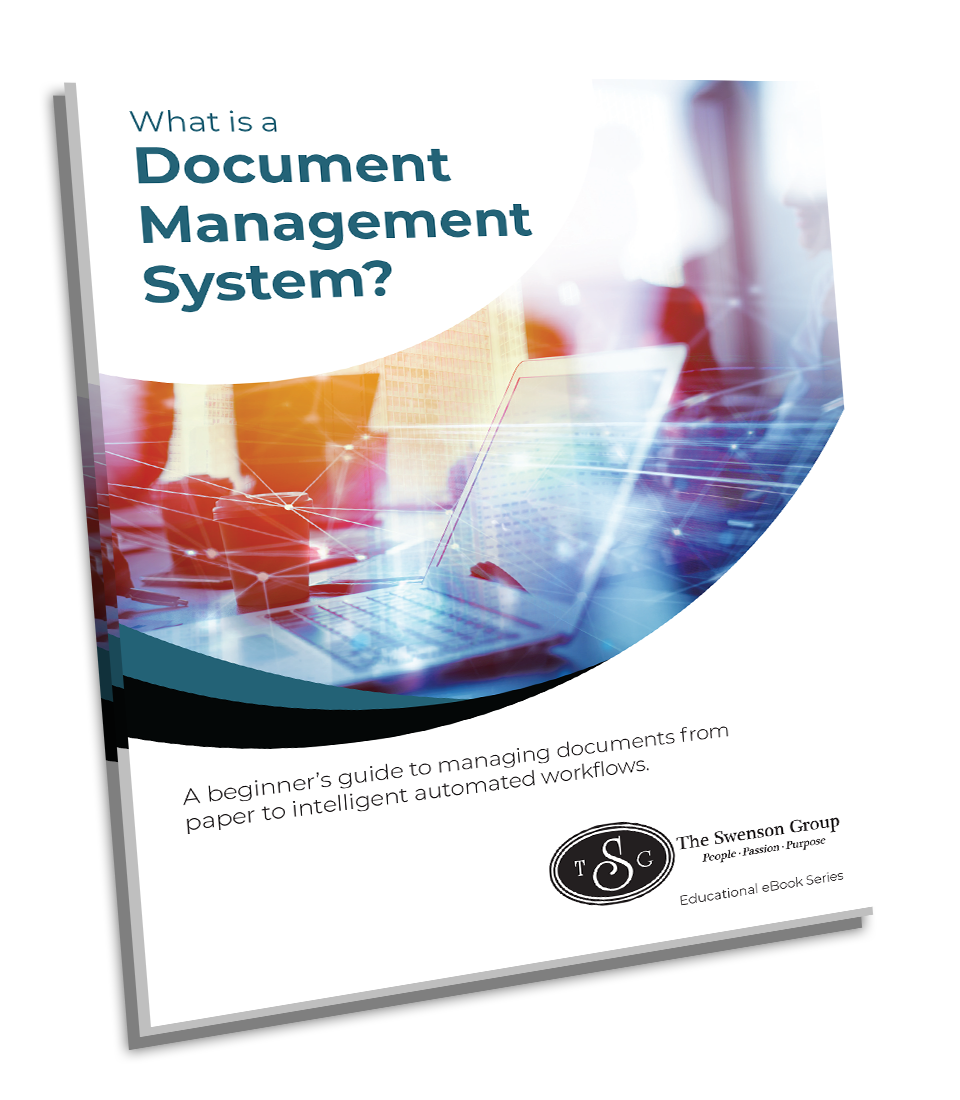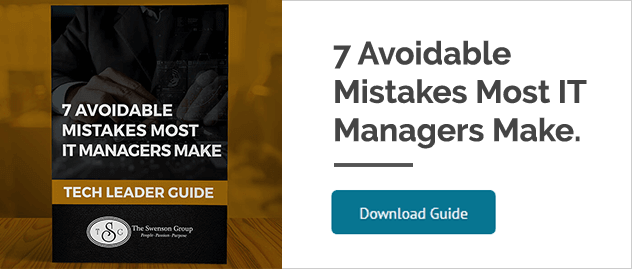The cloud offers many opportunities and benefits for companies looking to take advantage of digital data storage. However, security becomes more challenging when you remove the data from your direct control. Following two key rules can help increase your successful use of the cloud.
Authentication and Encryption
Just because you’re using a cloud instead of a hard drive doesn’t mean you are giving up the responsibility for ensuring your data is secure. By taking steps to lock down your data locally, you are increasing its security once it is uploaded to the cloud.
All the devices on your network, and accessing your cloud storage, should be secure with authentication and encryption. Password protection and other authentication measures can help reduce the risk of unauthorized persons gaining access to your data.
Even if your cloud provider encrypts your data, encrypting it locally adds an extra layer of protection. This double-encryption is much harder for hackers to break, so if your data is stolen, it will be useless to the thieves.
Data Back-ups
The cloud is not, by default, backed up, so it is your responsibility to be sure your data is. Some cloud providers offer back up capabilities for an extra fee, which is a good option for businesses that want the extra protection without the extra effort.
If you do not subscribe to this type of service, assume your data exists in only one place. Regularly back it up to one or more additional servers to be sure you will have constant access to your information.
If you use cloud-based applications, you should ensure that these applications are accessible from more than one location. This way if there is a denial-of-service attack, disaster, or other event, your business will still be able to use the applications and services you subscribe to.
By taking the time to be sure your data is encrypted and using authentication measures, as well as backing up all data and applications, you can dramatically improve your cloud security.
Subscribe to our Blog
What is a Document Management System?
A beginner's guide to managing documents from paper to intelligent automated workflows.








One thought on “Securing Data in the Cloud”